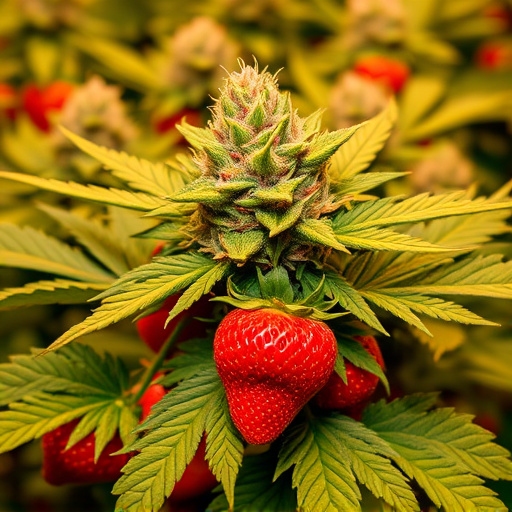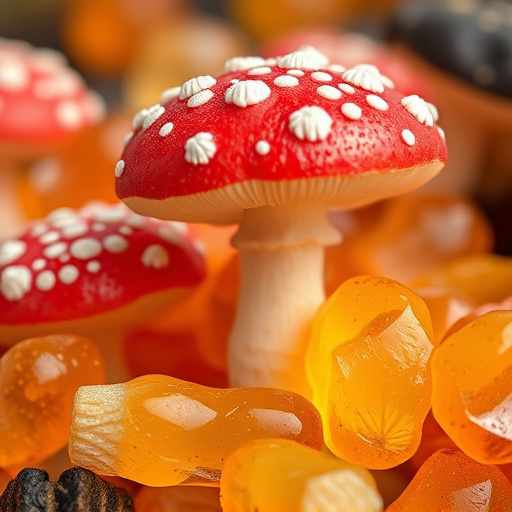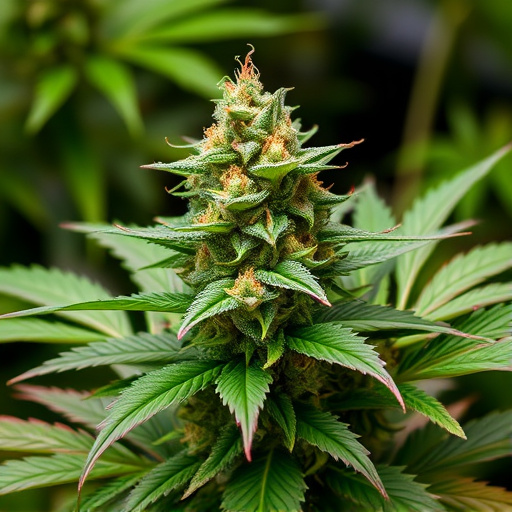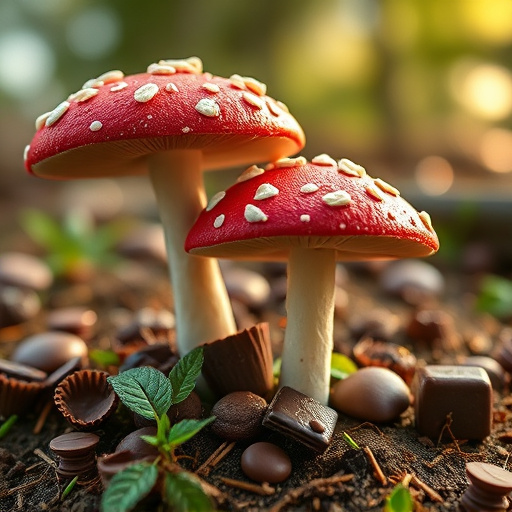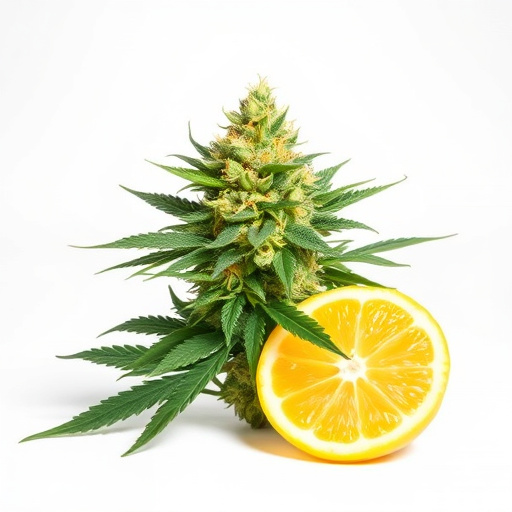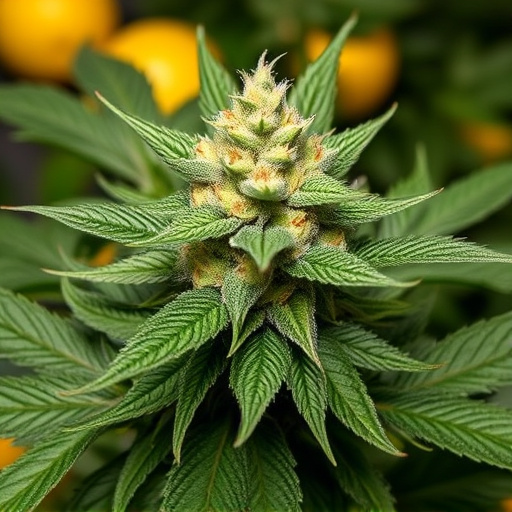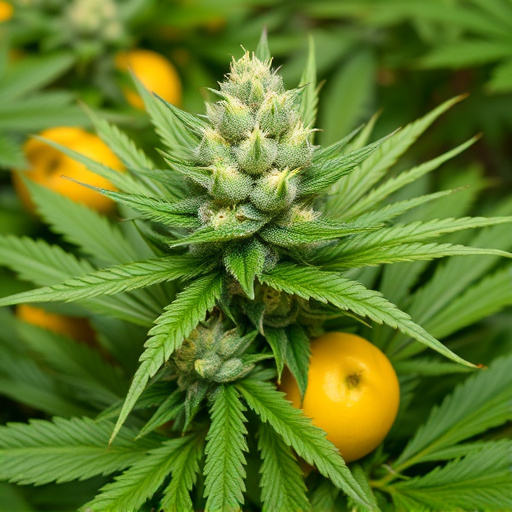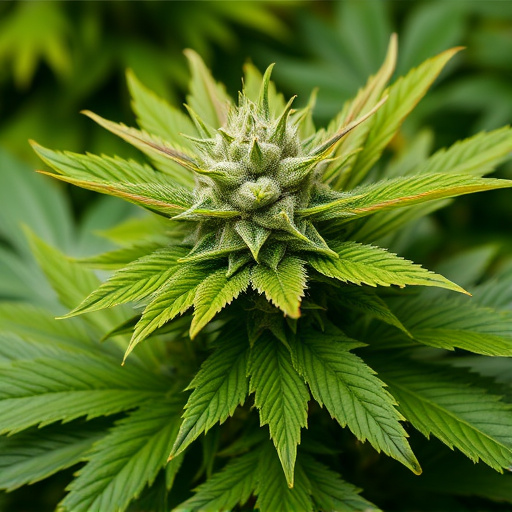While popular, the idea that dietary choices like lemons enhance cannabis potency lacks substantial scientific evidence. Lemon cannabis strains are prized for their aroma, potential higher THC levels, and unique terpene profiles like limonene, which may contribute to a more intense high offering relaxation, sensory perception, pain relief, and mood lifting effects. Growing conditions, cultivation techniques, curing processes, and consumption time also significantly impact perceived potency. Recent studies suggest dietary factors, including citrus, can enhance cannabis strength, promising a more personalized and potentially amplified user experience through informed consumption methods, particularly with lemon cannabis strains.
Does what you eat impact how potent marijuana feels? It’s a question on many minds. This article delves into the intriguing connection between diet and cannabis strength, exploring how specific dietary choices might enhance or alter the effects of different strains. From understanding cannabis potency factors to examining the role of lemon-scented strains, we’ll uncover surprising insights that could change your perspective on consuming marijuana.
- Understanding Cannabis Potency and Its Factors
- The Role of Lemon Scented Strains in Enhanced Effectiveness
- Exploring Dietary Influences on Weed Strength
Understanding Cannabis Potency and Its Factors
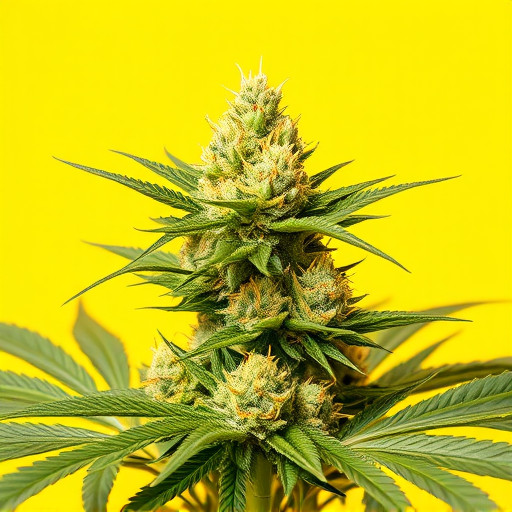
Cannabis potency, or strength, is a complex topic influenced by various factors beyond simply what you consume. When we talk about making weed stronger, it’s essential to understand that the plant’s chemical composition and subsequent effects are determined by multiple elements. One popular belief is that specific foods or dietary choices can enhance cannabis potency, but scientific evidence supporting this is limited.
One area of interest for cannabis enthusiasts is the role of lemons in enhancing potency. Lemon cannabis strains are known for their citrusy aroma and potential increased THC levels, a primary psychoactive compound in cannabis. However, the impact of lemon flavors or specific nutrients from lemons on overall potency remains speculative. Factors like growing conditions, cultivation techniques, curing processes, and even the time of day you consume can all contribute to the perceived strength of cannabis.
The Role of Lemon Scented Strains in Enhanced Effectiveness
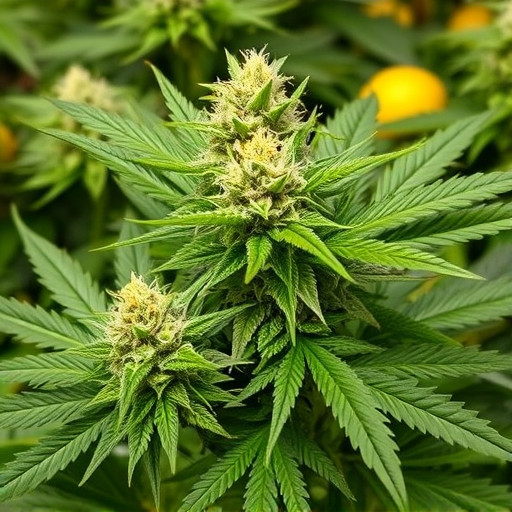
Some cannabis enthusiasts swear by the enhanced effectiveness of certain lemon-scented strains, believing that the unique combination of terpene profiles and potent cannabinoids makes them stronger. Lemon cannabis strains are known for their fresh, citrusy aroma and flavor, which come from a variety of terpene compounds, including limonene. Limonene is not only responsible for the distinctive lemon scent but also has been linked to potential mood-lifting and anti-anxiety effects. When consumed, these lemon strains are said to deliver a more intense high, providing users with increased relaxation, heightened sensory perception, and even potential pain relief.
The allure of lemon cannabis strains lies in their ability to offer a seemingly more profound experience compared to other varieties. The theory is that the specific terpene profiles contribute to the overall potency, creating a synergistic effect with cannabinoids like THC and CBD. This interaction can lead to enhanced mental clarity, increased creativity, and a deeper sense of calm. As such, many users report that lemon strains enable them to enjoy the therapeutic benefits of cannabis more intensely and for an extended period.
Exploring Dietary Influences on Weed Strength
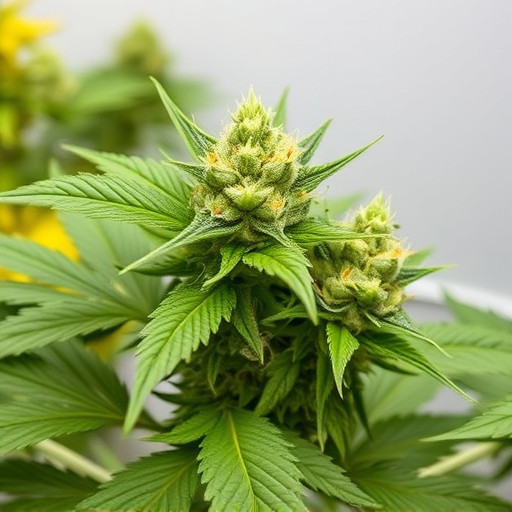
Exploring Dietary Influences on Weed Strength
The strength of cannabis is often a topic of fascination for users, and one area that has gained interest is the role of diet in enhancing or altering its effects. While cannabis itself contains various compounds that contribute to its unique properties, recent studies suggest that certain dietary factors might influence the potency of specific strains. For instance, some researchers have explored how the addition of citrus, such as lemon, to cannabis consumption can enhance its overall strength. Lemon cannabis strains, in particular, have gained a reputation for providing more intense experiences due to the synergistic effects of cannabinoids and terpenes present in these fruits.
Dietary choices can interact with the chemical composition of cannabis, leading to variations in potency and potential therapeutic benefits. This is where the science behind cannabis cuisine becomes intriguing. By understanding how nutrition interacts with this powerful plant, users can make informed decisions about their consumption methods, ensuring a more personalized and potentially amplified experience.
While various factors influence cannabis potency, there’s growing interest in how dietary choices might enhance its effects. Some studies suggest that certain foods can potentially increase the strength of weed, but more research is needed. Interestingly, lemon-scented cannabis strains have shown promise in providing a more potent experience for some users. As we continue to explore the science behind cannabis consumption, understanding the interplay between diet and potency could lead to new insights into optimizing therapeutic benefits. Remember that responsible use and seeking expert advice are crucial when considering any dietary changes related to cannabis.
